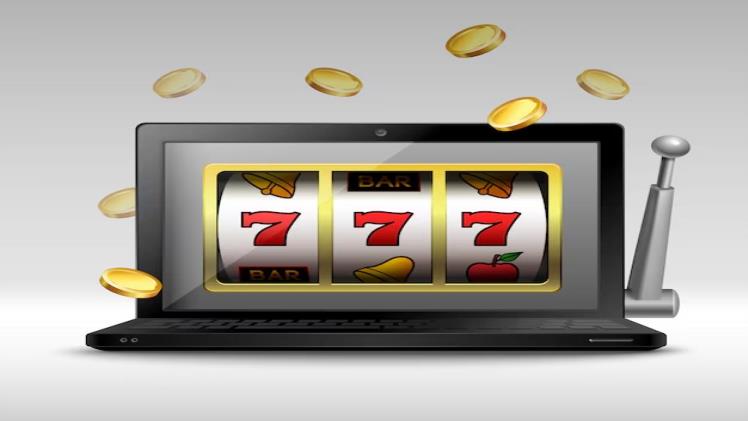
Every modern casino game lives or dies by its randomness. Slots, crash rounds, roulette, and digital card shuffles all depend on a stream of numbers that no one can predict or influence. For players, fair play means three things in practice: outcomes are unpredictable, each round stands on its own, and the code that produces results stays protected from interference.
How RNGs Actually Work
Online titles typically use a pseudo-random number generator, a mathematical engine that expands a starting value called a seed into a long sequence of numbers. If the algorithm is designed well and the seed remains secret, yesterday’s results give you zero insight into what lands on the next spin or deal. The software maps one of these numbers to a reel stop, a roulette pocket, a card from a virtual shoe, or the crash multiplier you see on screen.
If you want a feel for how independent rounds stack up in quick succession, try an aviator app download and watch how streaks appear and disappear without “meaning” anything for the next round. That’s exactly what independence looks like during real play.
Well-run studios treat seeding carefully. They pull entropy from multiple sources, refresh seeds frequently, and isolate the generator from the visual layer. The outcome is decided first, logged, and only then wrapped in animations and sound effects. This separation prevents the presentation from touching the math.
How Casinos Prove Fairness
Legitimate providers lock down the build that goes to production. Version control, code signing, and server-side checks ensure the same logic that passed certification is the one you play. When outcome logic changes – even slightly – the title goes back through review before it ships.
Independent labs such as GLI, eCOGRA, and iTech Labs stress-test generators with statistical batteries like NIST SP 800-22 and Dieharder. These suites look for things a fair engine shouldn’t show: bias, correlation, or short cycles. Regulators then require ongoing audits rather than a single approval. That cycle of test, certify, ship, and re-test is how fairness survives updates.
It helps to separate two ideas. RNG fairness governs unpredictability and independence. RTP defines the long-run return encoded by the paytable and features. A game can be fair and still feel tough if most value is concentrated in rare bonuses.
Myths versus Reality
- Machines don’t run hot or cold. Clusters happen, but the next outcome isn’t “due.”
- Timing your click doesn’t steer results. Server logic removes timing edges.
- Bet size doesn’t influence the random draw. It only scales the payout attached to it.
- Near-misses aren’t clues. The result is already locked before the reels stop.
- Updates don’t break fairness when handled correctly. Any change to outcome logic triggers a new test cycle.
Quick Checks Before You Play
Start with licensing. A recognized regulator and a visible testing seal from a reputable lab are strong signals that the operation submits to external oversight. Reputable sites list game RTP and, in some cases, volatility notes. Those figures should match what the developer publishes for the same title.
Pay attention to session behavior. Real randomness often feels messy: a string of small losses, a short run of wins, then more noise. Perfect alternation or oddly repeating patterns are a reason to back out and confirm you’re on a licensed site running the studio’s original build, not a copy.
Card games use the same approach. The software shuffles a virtual shoe with an RNG before dealing. Live-dealer formats add physical steps on top, but settlement still relies on secure systems that record outcomes and reconcile them with bets.
Bottom Line
Fair play is a process, not a slogan. Strong generators, careful seeding, isolation from the user interface, independent testing, and repeat audits are what keep outcomes unpredictable and independent day after day. Your part is straightforward: choose licensed operators, favor certified titles from known studios, ignore patterns you think you see in short runs, and set expectations around variance rather than superstition. Do that, and “fair play” becomes something you can verify, not just a promise on a banner.